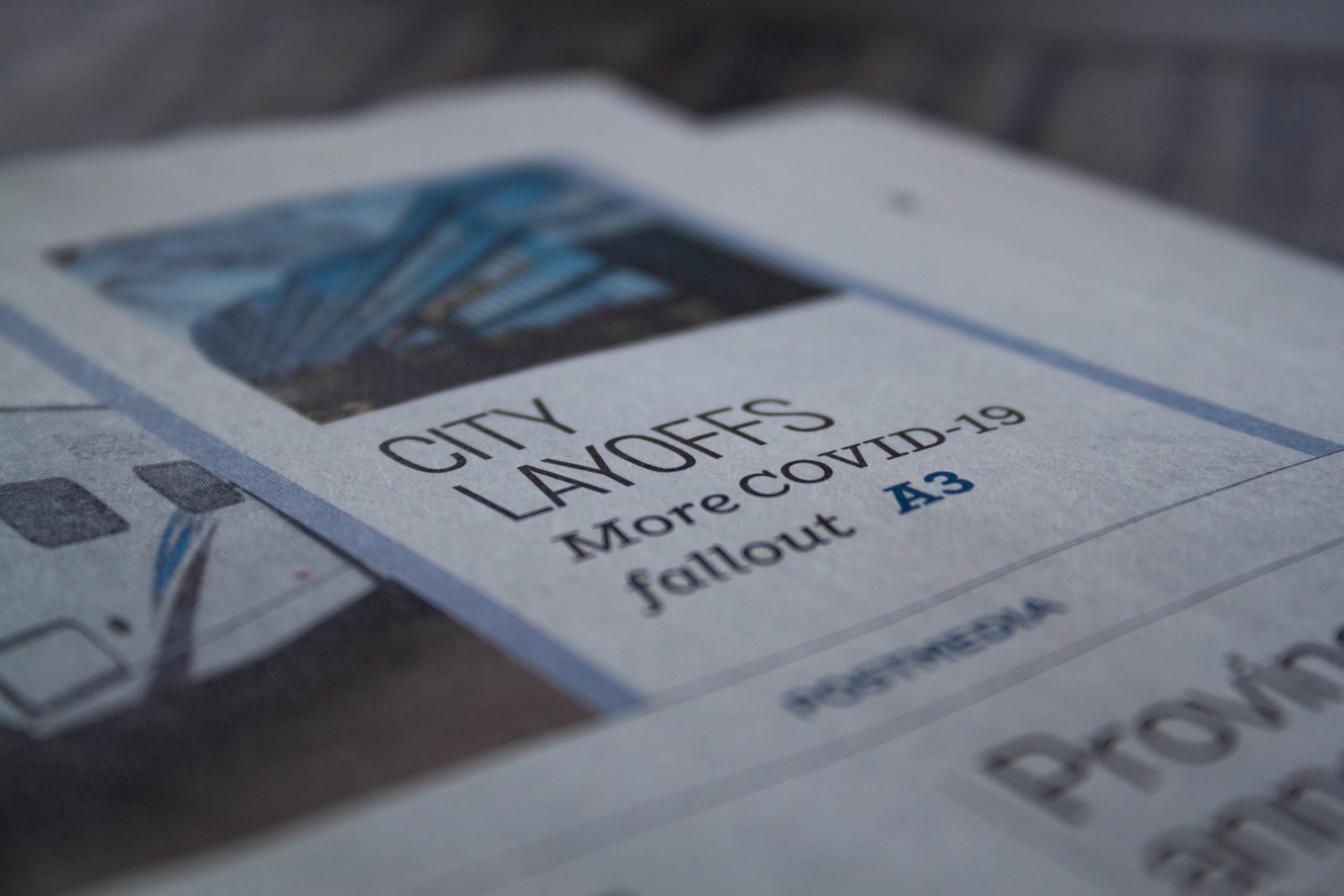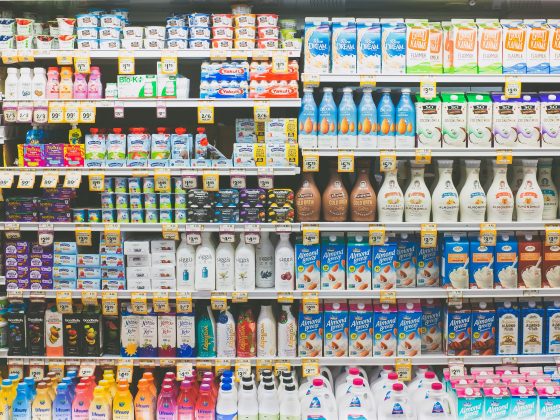We’re not returning to business as usual. China’s air pollution is back, as the factories are running full steam again, but shoppers will not return to the pre-COVID days.
Bankruptcies and higher taxes are in store for America says Larry Fink of BlackRock, the world’s largest asset manager; Europe is likely to raise taxes to cover their “grants for post-COVID recovery,” according to Reuters, and the global luxury market is “headed for 18 per cent drop,” writes the South China Morning Post.
“If this bright future seems obscure to us, it is because we haven’t fully grasped the depth of the transformation that COVID-19 has done to all of us.”
So we’re not returning to business as usual. But it’s not only because of higher taxes and unemployment. We are not returning to the way we were because the way we were got us into where we are—coming in and out of lockdowns, anxious about the future, unsure about the present, and generally stumped. Many people simply don’t want to go back to their previous lives; they weren’t that great.
Since unemployment will remain high and many people will be stressed for cash, and since those who are employed will also not jump giddily back to the days before the virus, many businesses will not survive. And if we still have any extra cash, the rising taxes and bankruptcies will stifle the little drive we have left for going out or shopping.
The Light at the End of the Tunnel
Despite all that I just wrote, I am very happy about where we are right now, though I wish we’d gotten here in easier ways. Be that as it may, we have finally come to the inevitable state where the authorities must address the problem. Unemployment benefits and food stamps will not solve anything. Tens of millions of people are permanently out of the job market, and the prediction is that the numbers will only grow.
This requires an overhaul, a complete rethinking of the structure of society. The only way to avoid a total social collapse, eruption of violent riots, installment of martial law, and who knows what other catastrophes, is to do two simple things:
- Provide every person entitled for government benefits with a scholarship that will replace all other benefits. The scholarship will be sufficient to allow for respectable—though not lavish—living. Food, clothing, housing, health care, education, and some recreation and vacation must be a given for every person. These are basic human needs, not luxuries.
- In return for reception of the scholarship, each person will attend courses that will provide information about the world we live in, both in terms of governance, basic finance, and other life skills, as well as more inclusive information about the situation of the world today following the coronavirus crisis.
The goal of the studies is not merely to educate people, though that, too, is important. The goal is to help them connect socially and emotionally to one another, to their families, their city, and their country. People who feel that they are where they belong don’t go out and destroy their own cities or countries, especially not if their personal finances are secured.
Over time, graduates of the program will themselves become teachers as more and more people find themselves permanently out of work. But unlike today, where unemployed people often feel degraded and lose self-esteem, the social contribution of the studies program will be so substantial that people will gladly get on board.
As people learn about the importance of solidarity, mutual responsibility, and other social assets, their self-esteem will grow as they become active members who realize these values in practice. Just as today we offer social services and regard it as important, people engaged in these studies will become so connected, so caring, that they will change the whole atmosphere in their neighborhoods and communities. Their immense contribution to the cohesion of society will be so substantial that they will become the pillars of society, the basis for building sustainable and happy communities.
If this bright future seems obscure to us, it is because we haven’t fully grasped the depth of the transformation that COVID-19 has done to all of us. It has changed us forever. When we come out on the other end of the plague, we will be thankful for it, and perhaps regret only that we needed a pandemic to show us the obvious.











